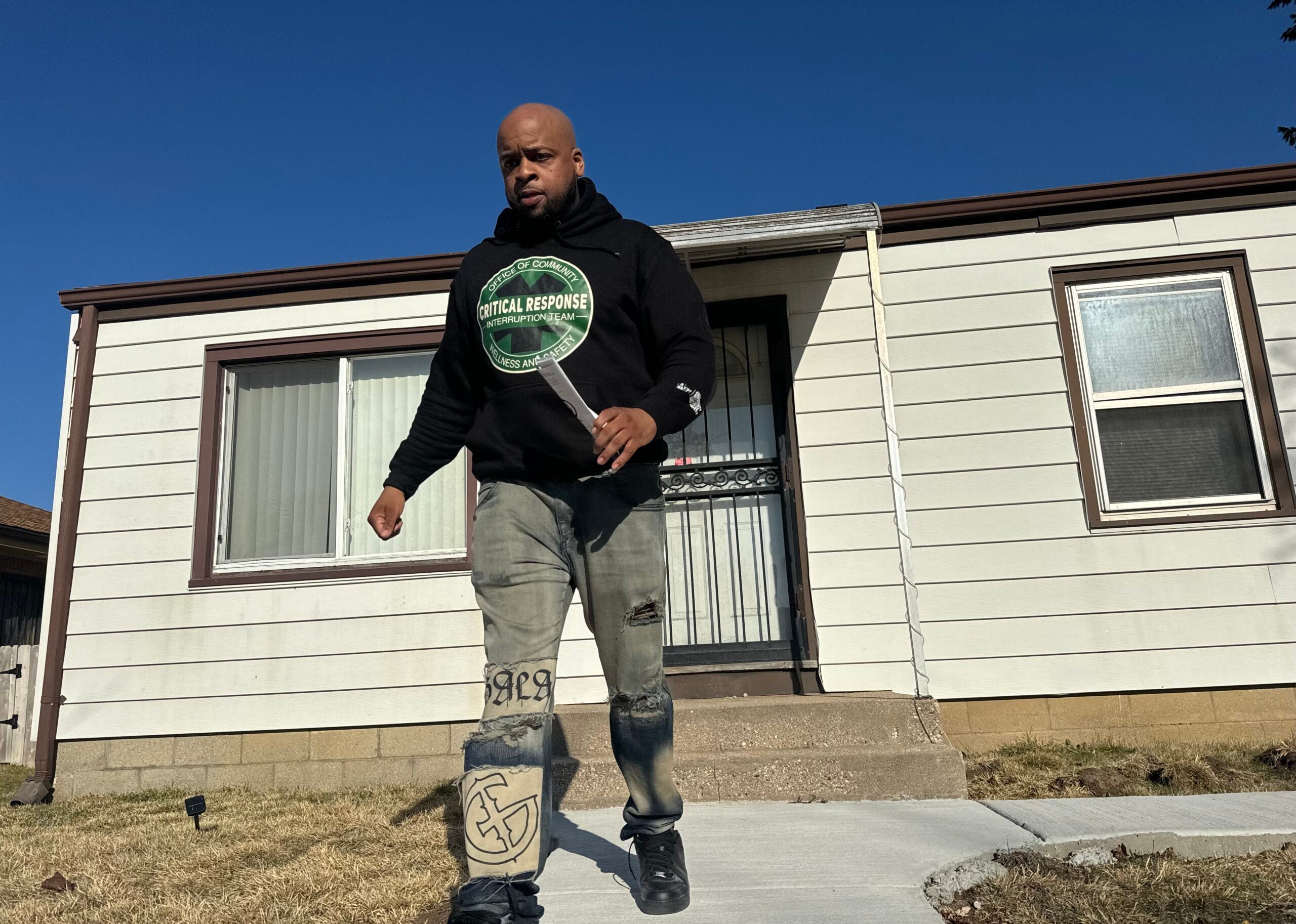Wisconsin’s open records law hasn’t been updated since 1981, and the state attorney general plans to modernize it by hosting an open government summit. He joins us to explain what needs to change, and provides some ideas for updates. We also discuss Governor Walker’s recent comments on how he’d change the Environmental Protection Agency, and explore how police use coercion to get people to comply with orders.
Featured in this Show
-
Former Madison Police Chief Reflects On Use Of Force Within Law Enforcement
A former Madison police chief says police departments rely too much on force and coercion to ensure cooperation from citizens that can lead to needless tragedies.
The Rev. David Couper served as Madison’s police chief for more than 20 years. Since retiring in 1993, he has received the National Police Leadership Award and now pastors a small church near Milwaukee.
Couper has condemned how officers have handled several recent high-profile cases — particularly against people of color — raising questions about police procedures.
Sandra Bland’s death in a Texas jail last month received national attention after dash cam video of the traffic stop showed how a chain of events resulted in her arrest on allegations of assaulting the officer.
Couper characterized the arresting officer’s behavior as unprofessional, disrespectful and abusive. He added that decent police work could have prevented Bland’s death.
“If there ever was a video that clearly would depict what a police officer in a democracy should not do, that was it,” Couper said. “It was outrageous. It seems every two days we get another barrage from mistakes on the part of police officers.”
Couper suspects that the officer might have intentionally baited Bland to escalate the encounter to a point where he could arrest her.
“One of the dark undersides of policing is that you learn from your buddies in the first years of your job how to irritate somebody to the point where you can arrest them,” Couper said.
In Couper’s latest book, “Arrested Development: A Veteran Police Chief Sounds Off About Protest, Racism, Corruption, and the Seven Necessary Steps to Improve Our Nation’s Police,” he reflects on his years on the job and outlines improved guidelines for law enforcement officials. The four most threatening obstacles affecting police ranks, he said, are anti-intellectualism, violence, corruption and discourtesy.
“I think we, in a democracy, have a right to expect that our police will be unconditionally respectful to us no matter what happens,” said Couper.
-
Walker Says He'd Make Significant Changes To The EPA
Governor Walker recently suggested he’d make big changes to the EPA as President of the United States, including the shifting of responsibilities to states. A reporter breaks down what we know about Walker’s proposal.
-
Wisconsin's Attorney General Previews Open Government Summit
Wisconsin Attorney General Brad Schimel will be hosting a summit on open government this week. He joins the show to discuss updating the state’s open records law to reflect modern times.
-
Coercion, Force, and Compliance: A Police Chief Calls For Reform
In the wake of the Sandra Bland arrest and death in jail, and high-profile police shootings, a former Wisconsin police chief says police departments rely too much on coercion and force to get compliance from citizens.
Episode Credits
- Rob Ferrett Host
- Veronica Rueckert Host
- Rob Ferrett Producer
- Chris Malina Producer
- Reverend David C. Couper Guest
- Scott Bauer Guest
- Brad Schimel Guest
Wisconsin Public Radio, © Copyright 2026, Board of Regents of the University of Wisconsin System and Wisconsin Educational Communications Board.




